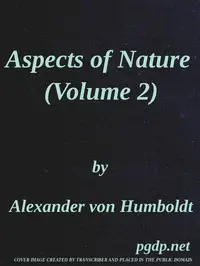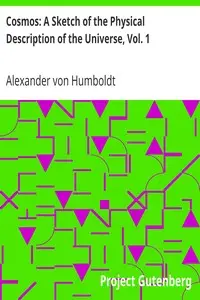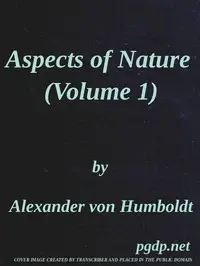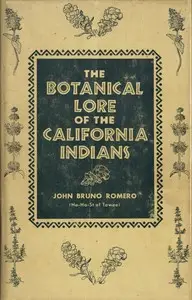"Views of Nature: or Contemplations on the Sublime Phenomena of Creation" by Alexander von Humboldt is a journey through the natural world, blending the wonder of scenic beauty with scientific understanding. The book reflects on the intricate workings and visual splendor of nature and examines its profound relationship with humankind; the book opens with vivid portrayals of South American steppes and deserts, revealing the stark differences between thriving tropical life and desolate plains. It provokes contemplation on nature's diversity by examining the geographic and climatic factors that shape life, as well as the ways plants and animals adapt to their surroundings. The fusion of emotional responses with scientific scrutiny sets the tone for exploring nature's depths and its impact on human perception.

Views of nature: or Contemplations on the sublime phenomena of creation with scientific illustrations
By Alexander von Humboldt
Embark on an expedition to witness the breathtaking beauty and scientific subtleties of nature's wonders, as seen through the reflective eyes of a 19th-century scientist traversing South American landscapes.
Summary
About the AuthorFriedrich Wilhelm Heinrich Alexander von Humboldt was a German polymath, geographer, naturalist, explorer, and proponent of Romantic philosophy and science. He was the younger brother of the Prussian minister, philosopher, and linguist Wilhelm von Humboldt (1767–1835). Humboldt's quantitative work on botanical geography laid the foundation for the field of biogeography, while his advocacy of long-term systematic geophysical measurement pioneered modern geomagnetic and meteorological monitoring. Humboldt and Carl Ritter are both regarded as the founders of modern geography as they established it as an independent scientific discipline.
Friedrich Wilhelm Heinrich Alexander von Humboldt was a German polymath, geographer, naturalist, explorer, and proponent of Romantic philosophy and science. He was the younger brother of the Prussian minister, philosopher, and linguist Wilhelm von Humboldt (1767–1835). Humboldt's quantitative work on botanical geography laid the foundation for the field of biogeography, while his advocacy of long-term systematic geophysical measurement pioneered modern geomagnetic and meteorological monitoring. Humboldt and Carl Ritter are both regarded as the founders of modern geography as they established it as an independent scientific discipline.

















